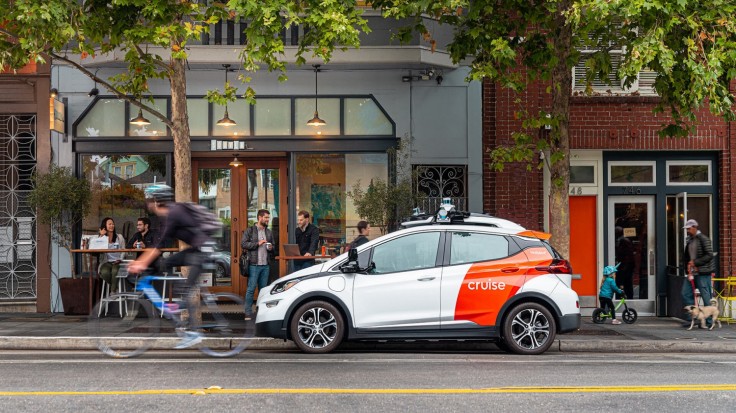Autonomous vehicles (AVs) promise a way of revolutionizing the transportation system. Car manufacturers have been advocating about its potential benefits from road safety to climate change.
However, all technological advancements must be in-depthly studied. There are potential threats and challenges that lurks behind the positive impact of adopting autonomous vehicles on our roads.

Although the technology is fairly new and uncommon for now, it is vital to gain significant knowledge about this incoming changes. From cybersecurity threats to ethical dilemmas, there is so much to learn from adopting AVs.
Here are some of the potential threats that could stem from fully transitioning to autonomous vehicles:
Cybersecurity Risks
AVs are powered by complex software system and constantly in-need of connection. This makes the vehicles vulnerable to cyberattacks. Hackers could potentially figure out how to rewire the systems, leading to a safety hazard.
Once the threat actors get a hold of the system, it could implement unauthorized control of the vehicle or manipulate the navigation system. In addition, it could also illegally collect the data information of the driver without them knowing.
Ethical Dillemas
Car manufactures claimed that their AVs are capable of making split-second decisions in potentially life-threatening situations. However, this poses the question of the priority of the vehicle.
For instance, if the vehicle has to choose between the safety of the pedestrians would it prioritize them or the passenger inside the vehicle? Such scenarios are still unknown to the public.
Legal, Regulatory Issues
In addition to ethical dilemmas, the regulation involving AVs is still developing. In the case of accidents, the level of liability and insurance requirements is still evolving.
Previously, AV companies have been facing problems due to series of accidents involving their car. For instance, one AV had a major issue after dragging a pedestrian. Meanwhile, a different AV collided with a cyclist causing minor injuries.
Infrastructure Challenges
AVs are mostly powered by electric and hybrid powertrains which would help eliminate air pollution from the fuels of motor vehicles. However, once a location committed to adopt AVs, they would have to change the urban design.
In addition, significant infrastructures like road marking, traffic signals, and communication systems must be revised to fit the AVs' systems. Without a proper infrastructure support, AVs would struggle to operate safely and could potentially become a headache with other drivers.
Equity Issues
Above all, AV technology is not fit for every one. Like the early invention of transportation system, not every person could afford to buy or upgrade their current vehicles.
People under the marginalized communities would have a hard time adopting to the new technology due to their limited access and knowledge to it. Most importantly, it could limit the transportation options for them.
Technological Dependency
The society today grows more dependent to technology each day. If the manufacturers and the government are keen to adopt AVs, there is a risk of over-dependence and reduced human competency in driving skills.
People who rely on the field of transportation, logistics, and ride-hailing services could lose their jobs if the companies find them unnecessary due to the adoption of AVs.
Related Article : 5 Potential Impacts of Transitioning to Autonomous Vehicles









